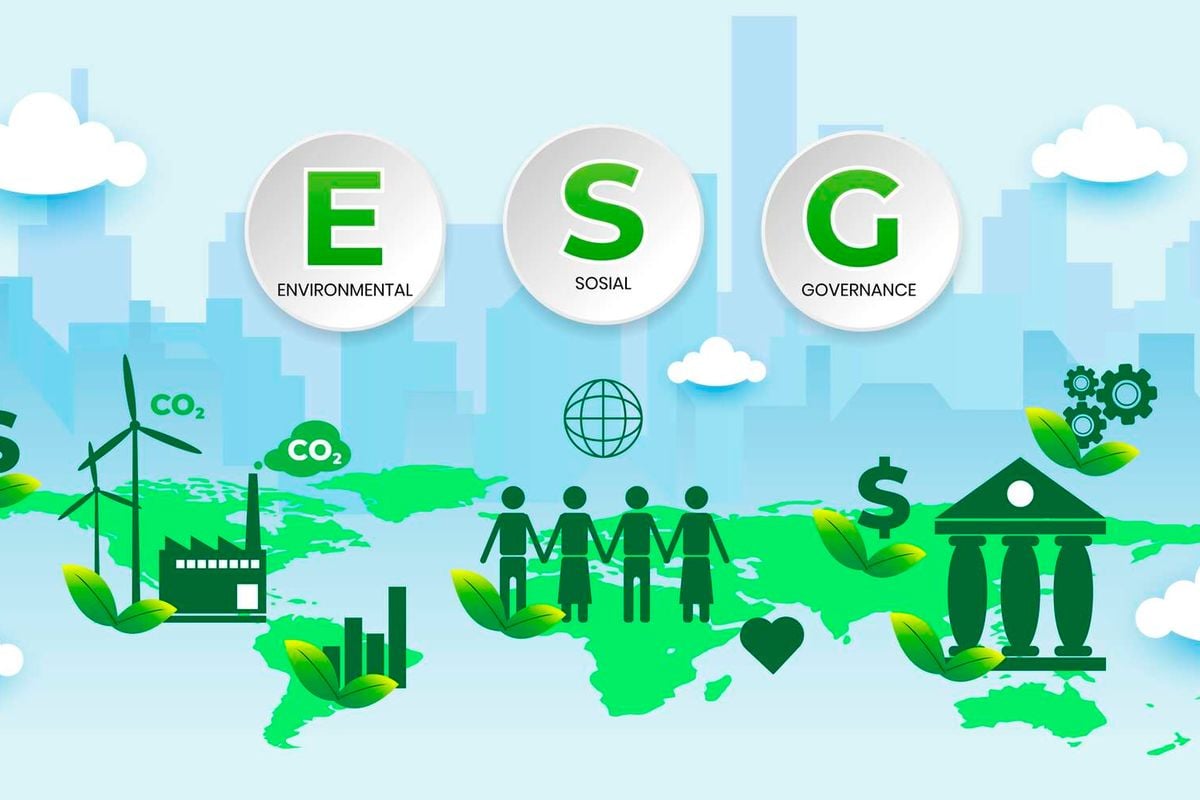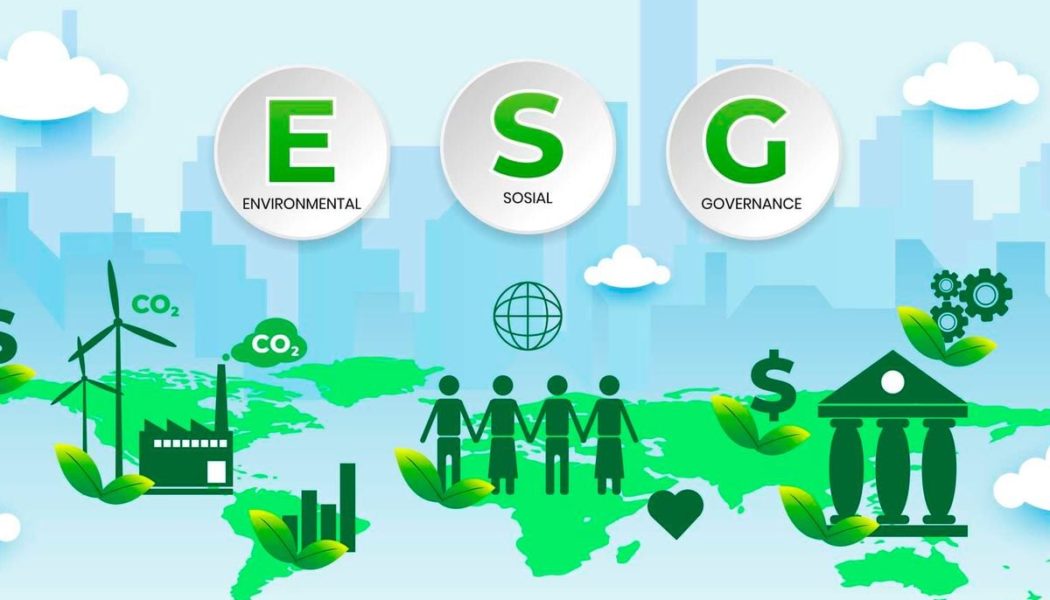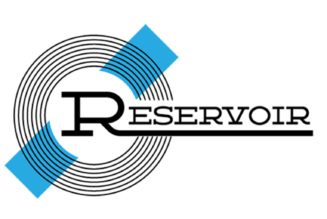
Globally, more than 1,200 ESG (Environmental, Social and Governance) regulations have been introduced in the last decade with no sign of slowing down. Notably, the ESG or sustainability reporting landscape has witnessed increased reporting requirements.
As a result, organisations face a complex reporting environment with many obligations regarding sustainability reporting.
Capital markets and financial services regulators, among others, have introduced new ESG reporting regulations in recent years in response to investor and stakeholder demand for non-financial information and disclosures.
Therefore, for corporate reporting to remain relevant in this environment, organisations must apply specific steps to ensure that their reporting hits the bull’s eye, which can be costly, depending on the circumstances.
Three steps that organisations should consider are the following.
Firstly, organisations must understand and map new ESG or sustainability reporting frameworks and standards required by law, including reporting frameworks that may not be mandatory yet but are applied proactively by similar companies or peers in the industry, including results of feedback from stakeholders on their information needs.
Such an approach helps organisations to map the reporting frameworks and standards that are relevant to them and begin to prepare to apply them. For example, we have seen banks with central bank sustainability reporting obligations using TCFD and capital market reporting requirements requiring Integrated Reporting and GRI (Global Reporting Initiative).
Secondly, organisations must perform a gap assessment of their reporting against the requirements of the applicable sustainability reporting standards and frameworks.
For example, an organisation could compare its current regulatory filing, annual report, corporate governance report–name it– against the requirements of the integrated reporting framework and the IFRS sustainability disclosure standards (IFRS S1 and IFRS S2) as applicable.
This exercise will enable organisations to identify reporting gaps to ensure compliance with the requirements of new sustainability reporting frameworks and standards. Thirdly, organisations must apply a continuous improvement mindset with an understanding that sustainability reporting is a journey to maturity.
Organisations should improve each year regarding the quality of information disclosed in these reports. It also includes incorporating assurance processes to verify information disclosed and embedding the sustainability reporting processes, procedures and controls across the entire organisation, its people and systems to ensure a business-as-usual approach.
Akinyemi Awodumila is a Partner at Deloitte East Africa. He is an author who writes and speaks on corporate reporting









